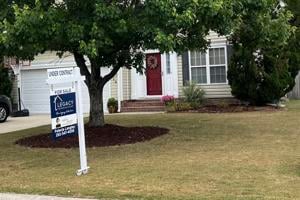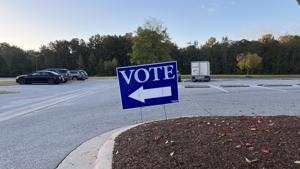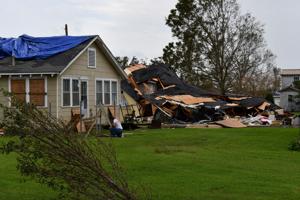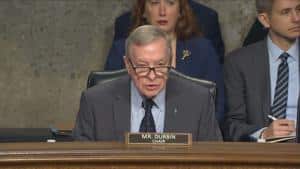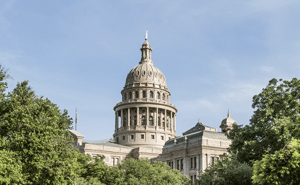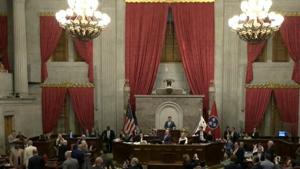(The Center Square) — A Louisiana House committee advanced legislation this week that could reshape how contractors interact with homeowners after storm damage, reigniting debate over consumer protection and insurance industry influence.
At the center of the debate is House Bill 121, which seeks to crack down on unlicensed public adjusting by contractors, particularly in the roofing industry. The measure would keep the current penalty of up to $5,000 per violation but adds clearer restrictions on what contractors can say or do when it comes to insurance claims.
Though the bill was reported favorably without objection from lawmakers, witnesses testimony suggests that the bill could backfire tremendously.
The bill would explicitly prohibit roofing contractors from assisting homeowners with insurance paperwork before a claim is filed.
A separate, related proposal would broaden that restriction to include all contractors. The bill also bars licensed public adjusters from doing repair work on the same claims they’re handling — a move supporters argue would eliminate conflicts of interest that could inflate costs and premiums.
Opponents say the measure is overly vague and could unfairly penalize contractors trying to help clients navigate the often-confusing claims process.
“This bill is ambiguous,” said Jonathan Davis, a board member of the Residential Roofing Association of Louisiana, during committee testimony. “It talks about claim handling, but that could mean a lot of things,” he said, such as doing a damage assessment or sending in a bid using the insurer’s own software.
Davis raised concerns that even basic communication — like explaining deductibles — could be interpreted as unauthorized public adjusting.
“Just like I can tell you there’s an engine in a car without being a mechanic, I should be able to explain what a deductible is without being a licensed adjuster,” Davis told lawmakers.
Josh Lovell, a sales and project manager with Gator Roofing, echoed those concerns.
“Eighty percent of the homeowners I meet don’t know what to do when we find damage,” he said. “They ask, ‘What do I do?’ and we walk them through it — wind damage, hail damage, hurricane damage — they don’t know the difference or what deductible applies. If we’re not even allowed to explain the process, we’re just handing everything over to the insurance companies.”
Lovell warned that limiting contractor communication with homeowners could leave people vulnerable to underpaid claims and strip them of the support they often rely on.
“People say, ‘I don’t want to talk to my insurance company, can you handle it?’ That doesn’t mean we’re trying to act as adjusters. We’re just helping people who are overwhelmed,” Lovell continues.
Despite the pushback, supporters of the bill say the intent is to protect consumers and preserve the integrity of the claims process.
The House Insurance Committee advanced the bill, though some lawmakers acknowledged the enforcement concerns.
Rep. Edmond Jordan, D-East Baton Rouge, questioned how the state would prove violations without direct evidence.
“If we don’t have something in writing or an audio recording, how do we enforce this?” he asked.
House Bill 121 now heads to the full House for consideration.
